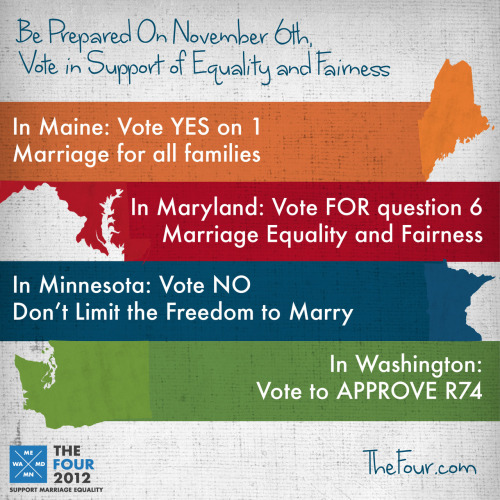Not to decide. At least, not today. They may tell us on Monday. Or Tuesday, Possibly next Friday. Or maybe the Monday after that.
Here's a detailed overview on what the cases are and what we might expect.
From an op/ed at ScotusBlog:
I have never before seen cases that I believed would be discussed two hundred years from now. Bush v. Gore and Obamacare were relative pipsqueaks. The government’s assertion of the power to prohibit a loving couple to marry, or to refuse to recognize such a marriage, is profound. So is the opposite claim that five Justices can read the federal Constitution to strip the people of the power to enact the laws governing such a foundational social institution.
...
The striking feature of these cases – not present in any others I have ever seen – is that that they would have been decided by the Justices’ predecessors one way and would be decided by the Justices’ successors another way.
….
Our country and societies around the world will read the Justices’ decision(s) not principally as a legal document but instead as a statement by a wise body about whether same-sex marriages are morally right or wrong. The issues are that profound and fraught; they in a sense seem to transcend “law.” Given the inevitability of same-sex marriage, if the Court rules against those claiming a right to have such unions recognized, it will later be judged to be “on the wrong side of history.”
But the verdict of history cannot decide the legal questions presented by these cases. The cases arrive today, in this moment, before our cultural transition has completed. In a sense, it is a shame that there is such pressure to hear the cases now; the judgment for the rest of the nation’s history would certainly favor these claims. But if they do decide to grant review, the Justices cannot merely choose to embrace the past or the future. They will have to make a judgment now





